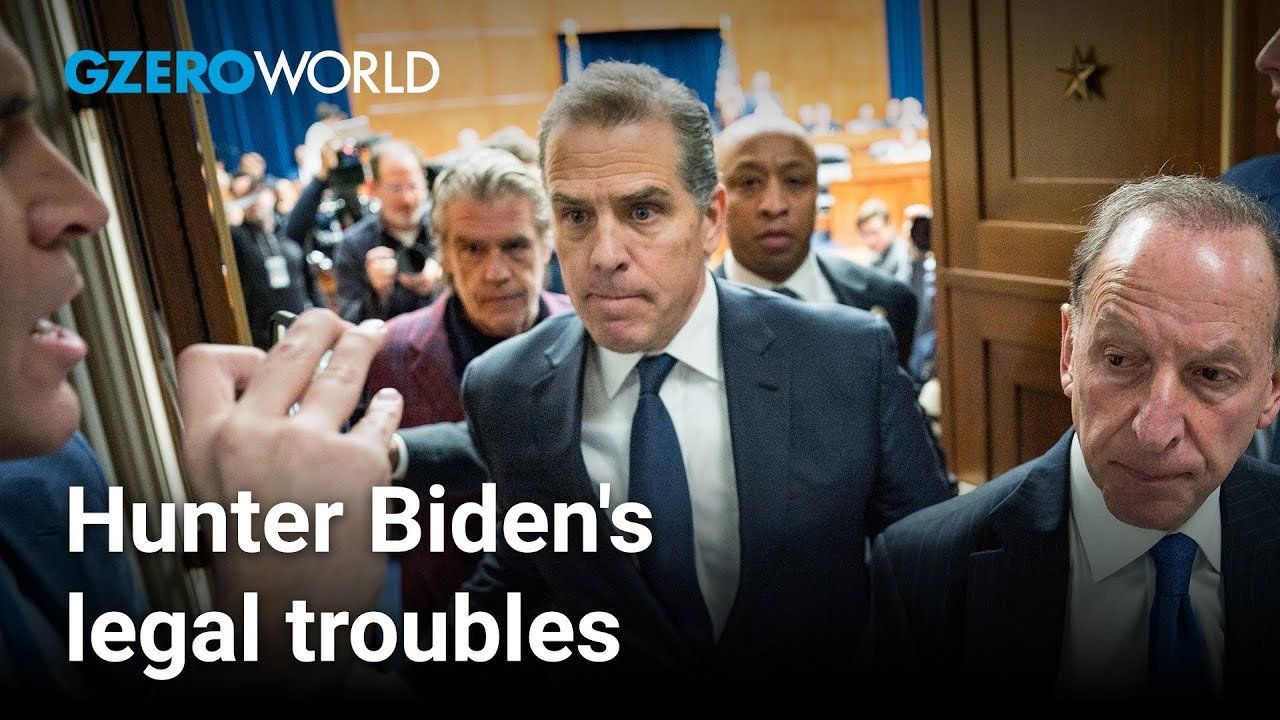GZERO World Clips
Hunter Biden's trial shows the US criminal justice system is working

Hunter Biden's trial shows the US criminal justice system is working | GZERO World

Republican lawmakers are attacking the US criminal justice system as “rigged” and “shameful” after former president Donald Trump’s criminal convictions, calling the case a blatant example of political persecution. But in a twist of legal happenstance, Hunter Biden’s criminal trial began in Delaware just days after the Trump verdict was announced.
Bharara pointed out how unlikely it would be, if Trump won the presidency and somehow Don Jr. was indicted and put on trial, that the former president would stand idly by and not comment on it or try to get involved somehow, which Bremmer agreed was “inconceivable.” Not only that, but the timing of Hunter’s trial isn’t good for Biden, who wants the messaging right now to be squarely on Trump’s legal woes.
“You couldn’t even make this up,” Glasser argues, “That literally, while the Democrats finally get a couple days where they’re focusing the lens squarely on Donald Trump and his fitness for office, then boom, two days later, Hunter Biden is on trial. The timing is a reminder that Biden can’t seem to catch a break.”
Tune in on Saturday, February 14th at 12pm ET/6pm CET for the live premiere of our Global Stage from the 2026 Munich Security Conference, where our panel of experts takes aim at the latest global security challenges.
In this Quick Take, Ian Bremmer weighs in on the politicization of the Olympics after comments by Team USA freestyle skier Hunter Hess sparked backlash about patriotism and national representation.
In July 2024, Keir Starmer won the United Kingdom’s election in a landslide. It has been downhill ever since, with Starmer’s premiership sullied by economic stagnation, intraparty fighting, and a lack of vision for the country.